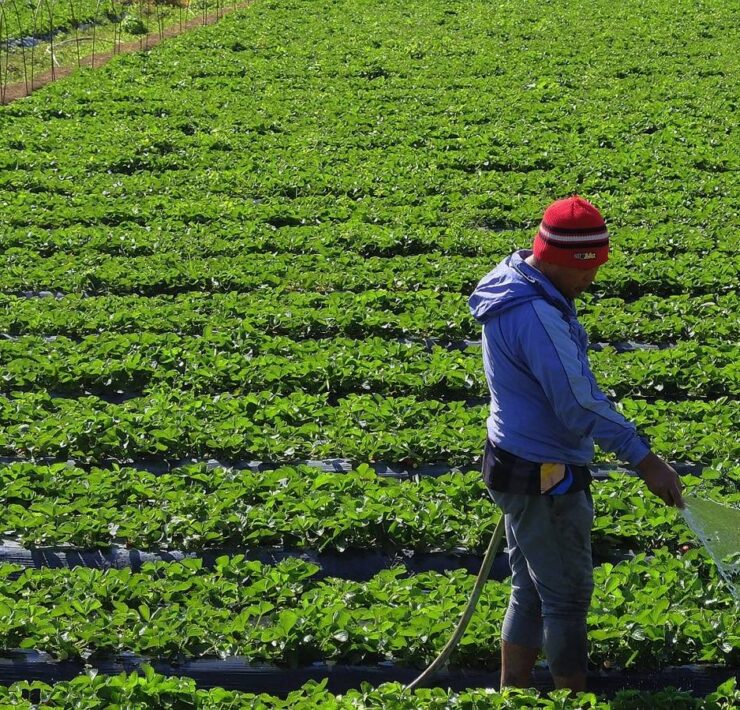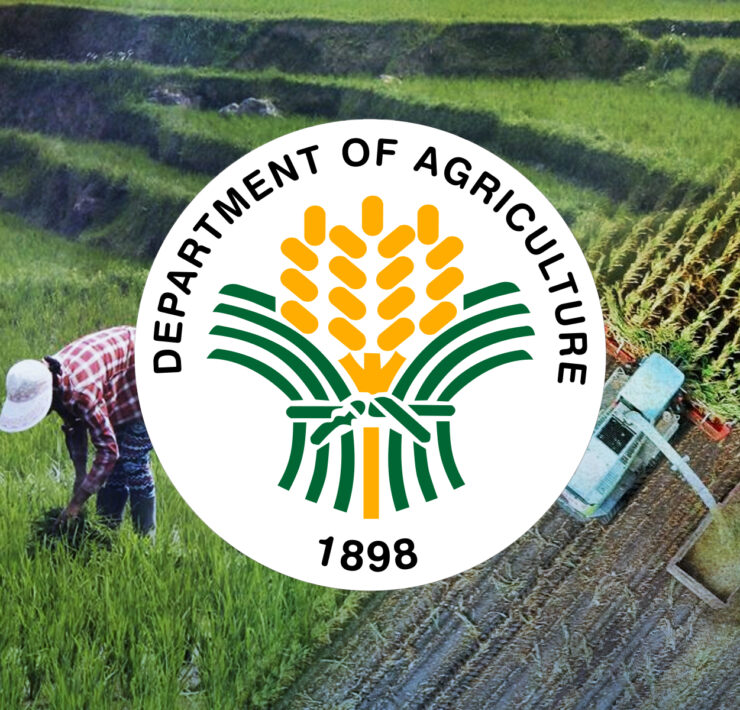We need to adopt high-density farming now

With our limited land and increasing global competition, it is imperative that we apply high-density farming for our agriculture development. However, this must be done properly and effectively.
For this to happen, we must harness our underutilized scientific community. It has been correctly stated that the best of the science and technology that we have developed has been used in several countries like Thailand, Taiwan and Vietnam—unfortunately, not enough here in our own homeland.
With Agriculture Secretary Francisco Tiu Laurel Jr., this is now changing. An indicator is his continuing productive meetings with the science and technology-based Coalition for Agriculture Modernization in the Philippines (CAMP), headed by former University of the Philippines president Emil Javier.
Commodity Councils, now called Commodity Boards, have recently been organized. Private sector concerns per commodity will be submitted every month to Tiu Laurel for immediate action.
For each commodity, science and technology will be harnessed so that we are not left behind by other countries. As an example, we discuss here the high-density farming technology as applied to mango, which is currently losing its global market share.
Ultra high-density planting
A World Bank study states: “High-density farming boosts crop yields without increasing the space required for planting.”
There is another study titled “Ultra-High Density Plantation (UHDP) of Mango” by Shayam Singh, Payal Jalswal and Anyant Kumar that goes further. They state: “UHDP is a new and proven technology, commonly practiced for mango cultivation worldwide.” Sadly, this is not yet being done in the Philippines.
When we talk about agriculture development, we often mention Thailand, Taiwan and Vietnam. But there is very much to learn from India, which should be a key model to follow.
The Philippine Chamber of Agriculture and Food Inc. (PCAFI), with 48 agriculture subsectors led by Danilo Fausto, has been discussing with the Indian Embassy here about more active transfer of technology—including UHDP.
Conventional planting has 70 trees per acre (about two-fifths of a hectare). High-density planting (HDP) has triple with 200 trees while UHDP has 10 times more with 700 trees. UHDP trees are below 7 feet, but they require attention, irrigation and fertigation (adding soluble fertilizer to irrigation water). It is well worth it.
Some of the advantages are: (1) the farmer can maintain the tree and handpick the fruits, without depending on labor; (2) 90 percent of the fruits are of export quality; and (3) there is a 50-percent reduction in irrigation water used.
Here is a comparison of UHDP, HDP and conventional planting with respect to mango.
Science and technology
Much of the success of UHDP is due to the close collaboration of the farmers with a university or learning institute to provide technical support for optimal mango production and sustainability. This link to science and technology is very important.
For example, an absence of such a link accounts for the failure of high-density planting of okra. Since the necessary technical guidance was not given to him, Hi Las Corp. president Ram Amores cited three reasons why this okra planting failed: (1) not enough sunlight because of the suboptimal canopy; (2) higher incidence of pests and diseases because of the resulting humidity; and (3) plant competition for the inadequate nutrients.
These same factors are relevant for mango planting. Therefore, for each commodity board, not just for mango, there should be an identified science and technology resource person.
On a wider scale, this link is being spearheaded by Assistant Secretary Napoleon Juanizo of the Department of Science and Technology and Ramon Escueta of the Philippine Chamber of Commerce and Industry.
With our limited land and the need for globally acceptable quality products, high-density farming is a must. But to be successful in this and other new technologies we must implement to survive and prosper, the private sector working with the science and technology community is an absolute requirement.
The author is Agriwatch chair, former secretary of presidential flagship programs and projects, and former undersecretary of the Department of Agriculture and the Department of Trade and Industry. Contact is agriwatch_phil@yahoo.com.





















